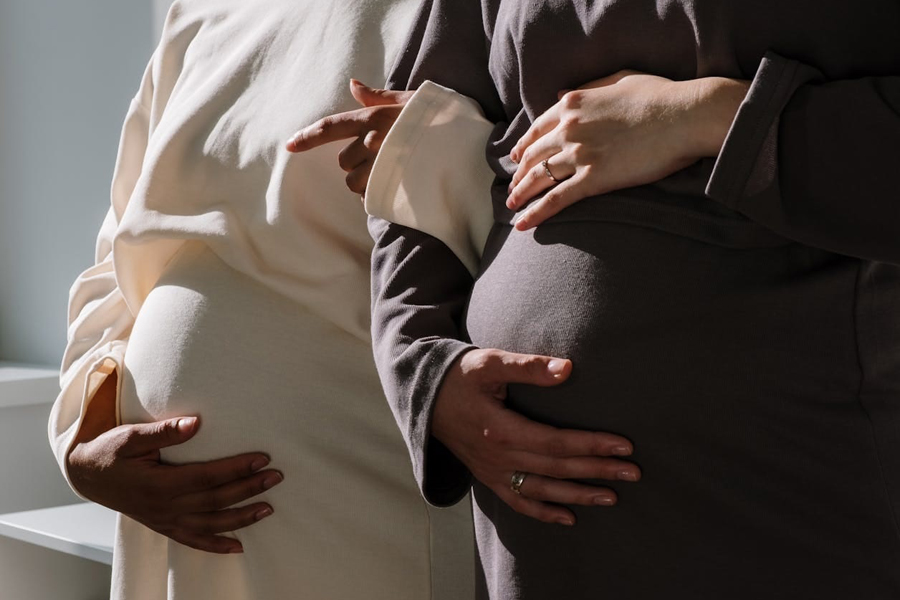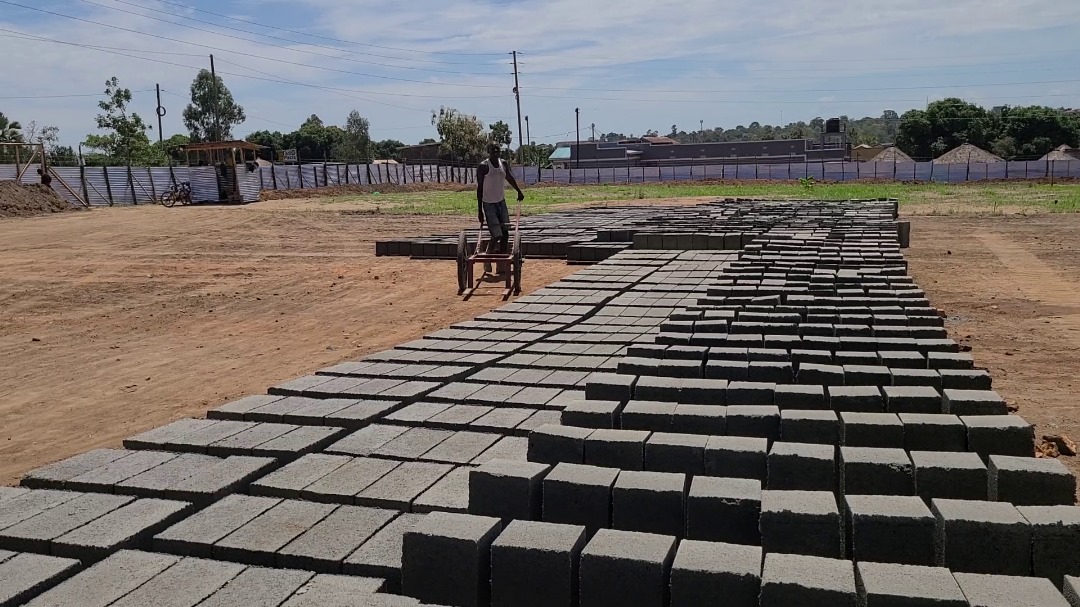Tabliq leader Sheikh Kamoga denied bail because "appeal is likely to fail"
The Court of Appeal in Kampala has denied former Tabliq sect leader Sheikh Yunus Kamoga bail after the judge shockingly revealed that there was no evidence of any likelihood that Kamoga's appeal will succeed .
Kamoga who was last year convicted of terrorism was sentenced to life imprisonment but he later applied for bail after indicating that he would appeal against the conviction and subsequent sentence.
Justice Christopher Mandrama said that evidence relied on by the High Court in convicting him was sufficient to show there is not chance of success for his appeal.
"The court found there was intimidation of targeted muslims for religious purposes and the threats were delivered by many people including the applicant(Kamoga),"Mandrama said.
"He does not have an overwhelming chance of success of appeal."
This revelation by the judge shocked many people, some of whom said the judge had already made judgement in a matter which is yet to be heard.
The judge emphasised that he could not release Kamoga on bail because there are high chances of absconding.
"The longer the sentence,the higher the chances of absconding if released."
He added, "life imprisonment is a long and severe sentence second to death."
In his application,Kamoga had indicated that he is of advanced age and has illnesses that would cause a risk of cardiac arrest while in prison.
The judge however said despite the letter confirming the illnesses including obesity and hypertension,there is no evidence to indicate the illnesses cannot be treated while in prison.
"The application [for bail] stands dismissed,"Justice Mandrama said.
He however asked that the appeal be fixed for hearing expeditiously .
Kamoga and 5 others were last year convicted of charges related to Terrorism and sentenced to life in prison and 30 years jail terms respectively for the murder and attempted murder of several muslim clerics.
Court found Kamoga guilty of committing terrorism when together with others printed fliers with the names of those targeted to be killed before distributing them in mosques.
Kamoga was also found guilty of holding meetings together with others in their homes from where they planned killings and sending of WhatsApp messages with pictures of graves, coffins, bullets to their rival groups.













